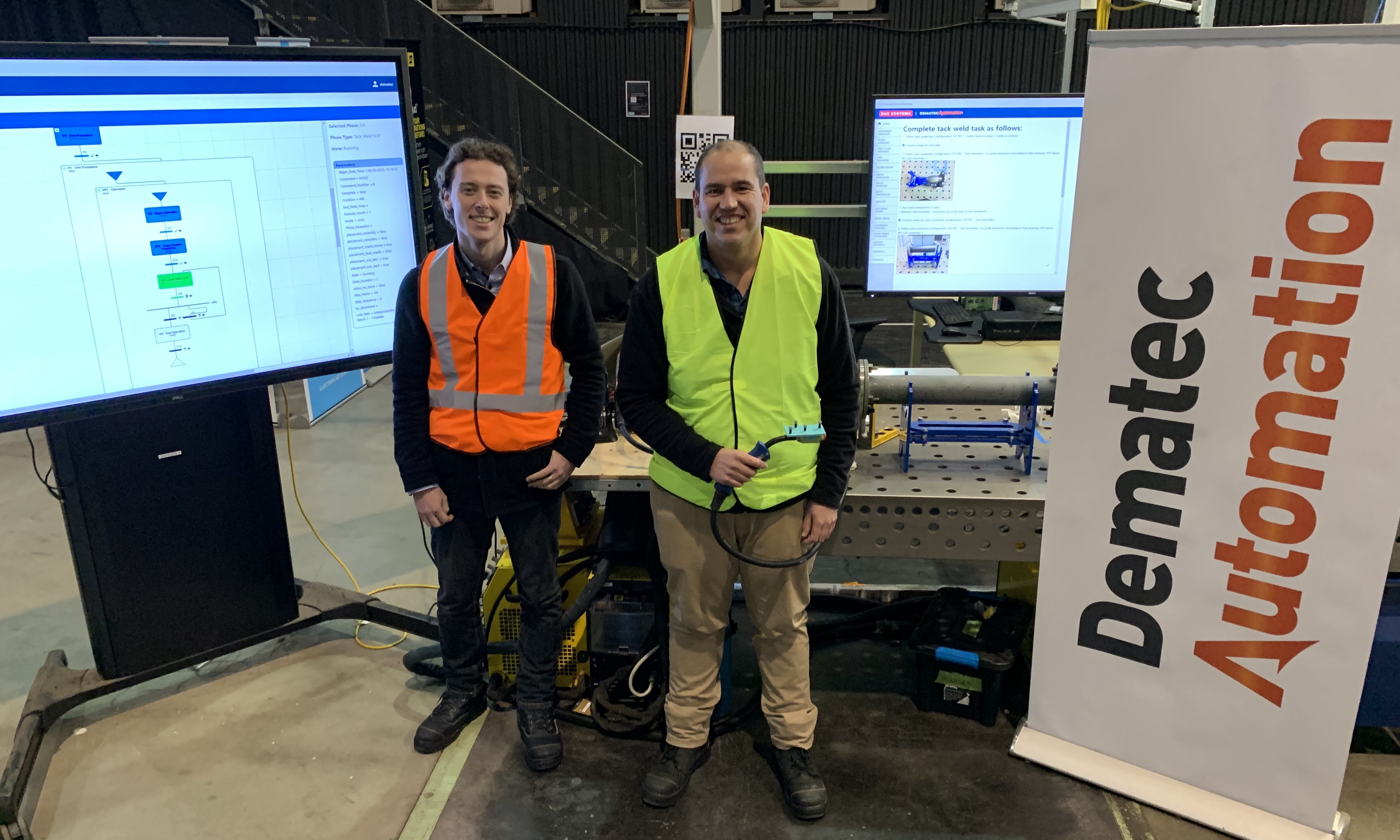The upcoming technology developed by Dematec Automation and BAE Systems Australia is expected to integrate robots, welding machines, hardware sub-systems, devices and sensors right across the shipyard.
To continue reading the rest of this article, please log in.
Create free account to get unlimited news articles and more!
According to BAE Systems Australia, the new technology that is under development might be integrated into the company’s digital shipyard at Osborne as the company builds nine new anti-submarine warfare frigates for the Royal Australian Navy.
Currently, Industry 4.0 technologies have created better connectivity procedures between employees, robots, and equipment.
“BAE Systems’ focus is to make Osborne Naval Shipyard the world’s most technologically advanced shipyard, and our aspiration is that Dematec technology sits at the centre of a digital network that brings the precinct together,” David Hart, director of Dematec Automation, said.
Dematec was selected under the first Innovation Challenge hosted by BAE Systems, aimed at developing an integration platform that ensures connectivity, visibility and data capture for plant equipment.
The company explains that the integration platform is similar to a smart home, where lights, appliances and entertainment systems are all controlled through one platform.
This platform will produce a “track and trace” system, which provides data and insight into the entire production process, improving future maintenance.
The platform is integrated with collaborative robots, autonomous intelligent vehicles (AIVs), industrial sensors and industrial programmable logic controllers within a production cell in the Line Zero factory at Tonsley.
“Our track and trace system demonstrated the capabilities that can be integrated in a real-world system to provide real-time visibility of users, objects, machines, sensors, and events, as well as the historical data capture and recall for quality, compliance, and continuous improvement purposes,” Hart continued.
According to BAE Systems, the platform uses a “control centre” and “shop-floor operator” through iPads where individuals and teams monitor applications and observe data in real time.
“We believe this technology could play a key role in providing the connection between the industrial equipment and associated production sub-systems and the ‘higher level’ scheduling and maintenance software systems to be utilised in the shipyard,” Hart explained.
Sharon Wilson, director of continuous naval shipbuilding at BAE Systems Australia, explained that the partnerships are essential for delivering Australian industry capability.
“Technology developed by Australian businesses is vital to help us delivering our digital shipyard, and Line Zero provides exposure for Australian innovation to industry – large and small – across defence and non-defence sectors,” Wilson said.
[Related: BAE, Stars Foundation partner to support Indigenous education]

 Login
Login







